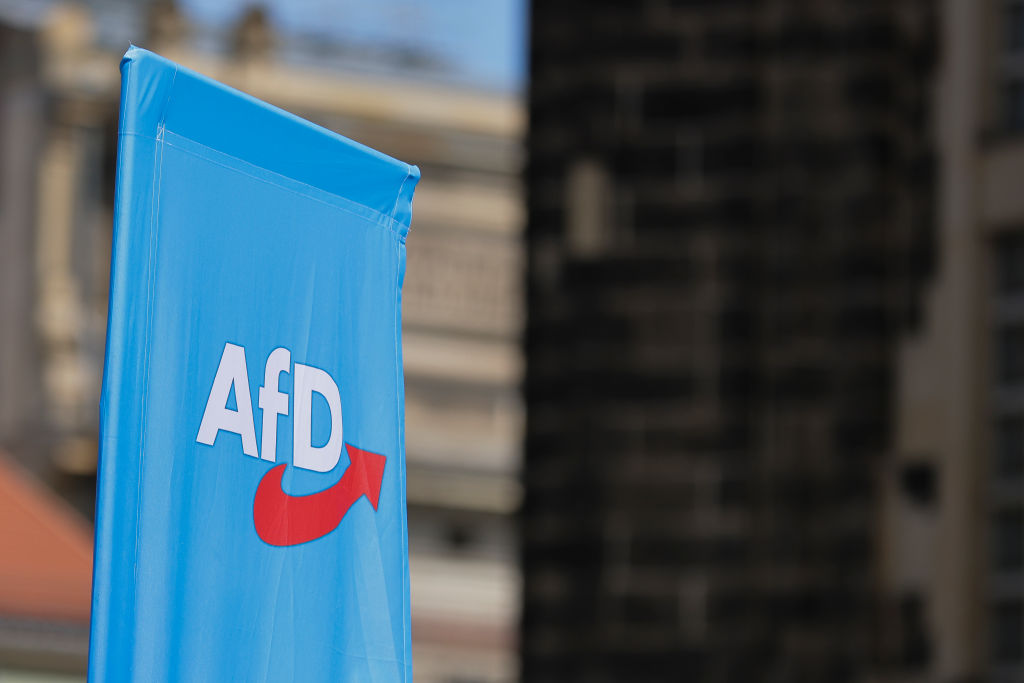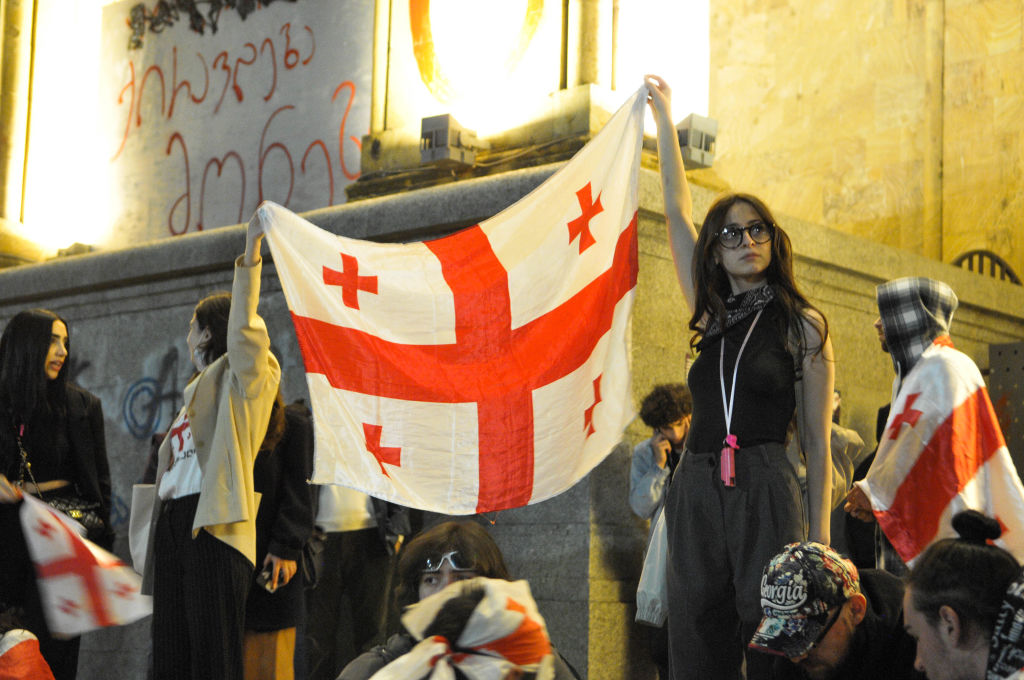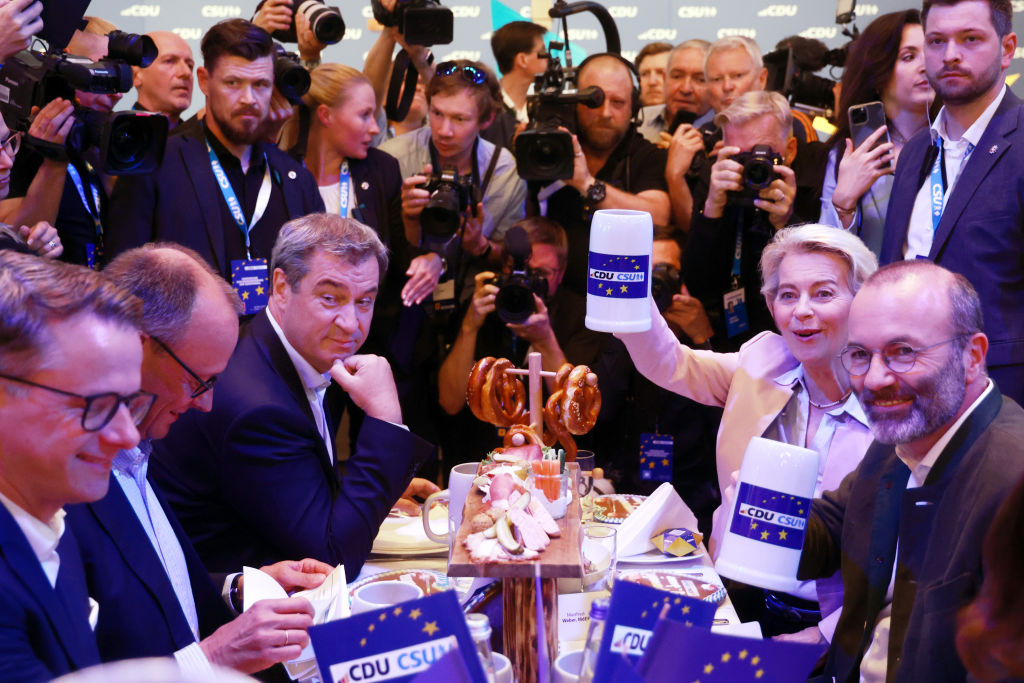Every Austrian election since 1945 has been won by either the centre-Left Social Democrats (SPÖ) or the centre-Right People’s Party (ÖVP). That is, until Sunday, when the Austrian Freedom Party (FPÖ)– a party sceptical of migration and the rising Muslim population — came first place in the European Union parliamentary elections.
The party are affiliated with the Identity and Democracy (ID) group in the EU parliament, which is traditionally seen as the further-right grouping,
They also have a decent amount of baggage, with various scandals having erupted within the party over the past ten years. And they are hated by Austria’s political establishment and its mainstream media.
But the FPÖ is also different from many European populist-Right parties. The party is zeroed in on their core issues (migration and a reduction in EU powers). Their leader, Herbert Kickl, is a policy wonk, and does not allow himself to get distracted by political bait.
He is also, unlike many ID parties, willing to work with almost any other party in the political spectrum so long as he can achieve his main goals.
The Freedom Party’s victory in these elections – as well as its likely victory in the upcoming Austrian parliamentary elections – has already re-written Austrian politics, and tells us much about how Austrians are thinking. But it is arguably also symbolic of the wider changes occurring throughout the EU.
Though Austria has always had various minority parties, the Freedom Party was always foremost among them, usually obtaining third place. Unlike the other minor parties, which have rarely taken part in government, the FPÖ has been involved in government coalitions three times: once with the socialists in the early 1980s, once with the ÖVP in the 2000s and again with the ÖVP from 2017 to 2019. In all three occasions they served as the minority party in the coalition.
Early on, the party was more moderate, but that changed when Jörg Haider took over in the mid-80s. Haider took the party on a Rightward bent, with immigration-sceptical campaigns like “Austria First.”
Under Haider, the party experienced a growth in popularity – but also a growth in suspicion from moderate Europeans. When the FPÖ entered into government with the ÖVP after the 1999 elections, other European Union member states even went so far as to sanction Austria as punishment, only dropping them when they realized that the government coalition would not break due to external pressure.
But internal issues were a different factor. A mid-2000s split in the party weakened it, and though it eventually rose to power again by 2017, governing in a coalition with the ÖVP’s Sebastian Kurz, a major scandal saw it kicked from government in 2019 and reduced in the polls. The scandal arose when the party leader, Austria’s Vice Chancellor, was caught on camera in Ibiza with someone he believed to be related to a Russian oligarch, offering government contracts in exchange for positive media coverage.
However, the Ibiza scandal was ultimately limited (the party’s leader had apparently acted on his own). The new leader, Herbert Kickl, Haider’s former speechwriter, placed a strict focus on his party’s main issues and, though Austria’s media has tried desperately to pin something on him, he has so far had no major scandals.
His main issue has been migration. Other concerns, particularly Austria’s extremely strict COVID restrictions, also earned Kickl’s ire and helped propel the party out of its Ibiza doldrums. But it has been migration which has been jet fuel for the party’s electoral chances.
Its polling history tells the whole story. The migration crisis in 2015 brought the FPÖ to new heights, reaching around 34% of the vote.
But then, migrant-sceptic Sebastian Kurz took over the People’s Party and vacuumed up voters who were concerned about migration but were not entirely comfortable voting for the FPÖ. The result was 2017’s election: a respectable 26 per cent second place for the FPÖ, but far below the ÖVP’s 33 per cent.
Ibiza hurt the party, and by 2020 it had dropped to 11 per cent. But soon, Kurz was forced from office (a result of unrelated issues), and by late 2022, with no other Austrian political party offering a serious migrant-sceptic message, the Freedom Party was back on top.
In short, aside from moments of self-inflicted scandal or from when the centre-Right took migration seriously (in the form of Kurz), the Freedom Party has run a respectable second place or been in first since the migrant crisis began. And they are now clearly set to win the next national elections in September, which could even result in Chancellor Herbert Kickl.
Austrian voters did not arrive at this moment lightly. It required an focused populist-Right party and leadership. It required all of Austria’s political parties, minus the FPÖ, to effectively ignore the main issue facing Austrians (migration) in a bizarre attempt to just wish it away. And it required Brussels to utterly fail to even pretend like it was doing something serious on migration.
The Freedom Party’s rise, in many ways, is therefore symbolic of the entire populist wave which has been washing over Europe since the migrant crisis began.
Since 2015, voters have been pleading with establishment parties to deal with migration and to clarify where the EU’s power stops. They have made clear, in election after election, across the continent, that if leaders dealt with migration, the populist-Right surge would likely halt.
Voters do not usually wish to vote for parties which will tear up the established order. After all, tearing up institutions can bring with it instability. But they will vote for those parties when they feel those institutions no longer are worth saving.
Establishment leaders around Europe have ignored this reality, thinking that voters would be mollified with bureaucratic slight-of-hand, or would simply accept what was being forced on them. Since this all began, one got a “Shut up and deal with it” attitude from establishmentarians toward voters.
But voters around the continent, centred in Austria, are no longer content to shut up. Now, establishment parties will have to deal with them.





Arrogant Macron wants to bait Russia with his ‘military trainers’